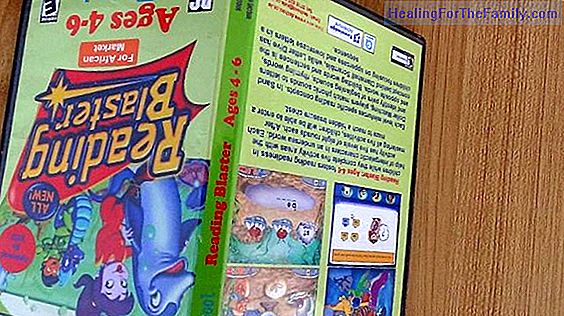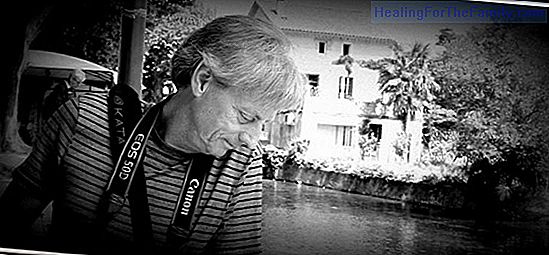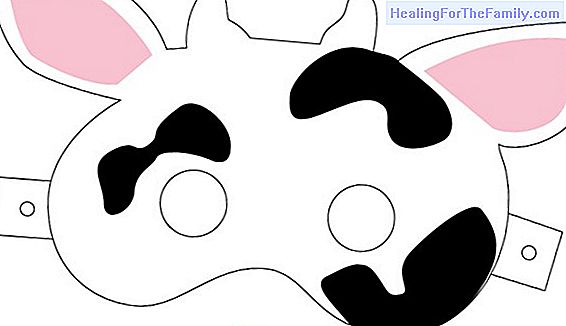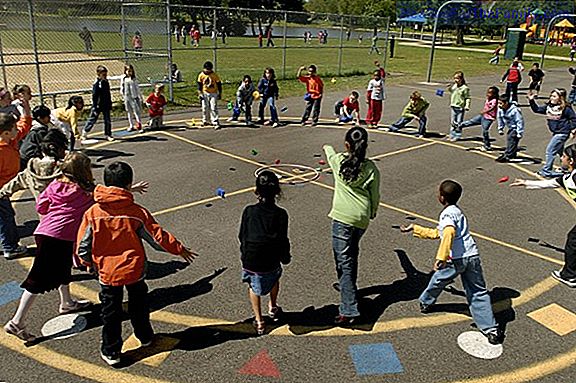Child traumas that can harm the child in adulthood
Adults in our daily lives we meet people who do not develop naturally in their day to day or who have great difficulties when interacting with other people . We speak of fearful, anxious, shameful, timid and even aggressive people who catch our attention because their way of functioning is unusual.
Adults in our daily lives we meet people who do not develop naturally in their day to day or who have great difficulties when interacting with other people .
We speak of fearful, anxious, shameful, timid and even aggressive people who catch our attention because their way of functioning is unusual. We meet many of them every day, they are teachers, doctors, lawyers, shopkeepers, drivers, waiters, etc.
But why do they behave like this? Is it possible that some traumatic experience during his childhood is influencing his way of being during adulthood? We tell you what childhood traumas can harm the child in adulthood.
Can childhood traumas harm the child in adulthood?
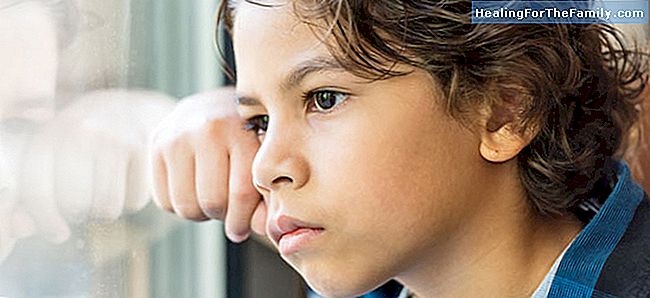
The answer is YES. There is perhaps no more intense, fantastic and more vulnerable stage at the same time as the sweet childhood. The experiences we have during this stage mark the way we have to interpret and relate to the world.
Child traumas significantly influence the development and mental health we enjoy during adult life. On many occasions the experiences during childhood impact on adult life because they condition the way of thinking, feeling and acting on a day to day basis, especially if they have a great emotional burden.
Although it is also possible that it is due to many other reasons, in this article we will have an impact on those traumatic experiences that take place during childhood and that can accompany us in adulthood conditioning our way of living and relating to the environment.
What situations can cause a child's trauma to the child?
- Having been the victim of a natural disaster (hurricane, tsunami, earthquake, fire, flood, etc.), terrorist attacks or accidents.
- Have suffered physical or emotional abuse by their parents or some other important attachment figure for the child.
- Having been a victim of sexual abuse .- Not having received affection or affection during childhood (emotional abandonment). Ha - Having experienced a situation in which their parents have not cared to meet their needs or offer protection and safety (abuse by negligence). Ha - Having lived at home a
situation of gender violence
in which she had to witness mistreatment from her father towards her mother.
- Have suffered a serious illness that has involved operations, periods of hospitalization and physical and psychological consequences such as cancer during childhood or a transplant.
- Have received an education based on fear , threat, physical punishment and hostility.
- Have been a victim of school bullying continuously over time during the school years. - Have witnessed how their parents, or at least one of them, used substances abusively at home (alcohol, cocaine, etc).- Having suffered the
loss of the parents
or one of them.
We have detailed the main traumatic situations with which, unfortunately, a child during his childhood can be found. However, it is necessary to show that, thanks to the psychological treatments available today, a person can with professional help successfully overcome the traumatic experience he has experienced during his childhood and continue living well in adulthood . But, without a doubt, to be able to look ahead and build something new, it is necessary to overcome and face what hurts us.


